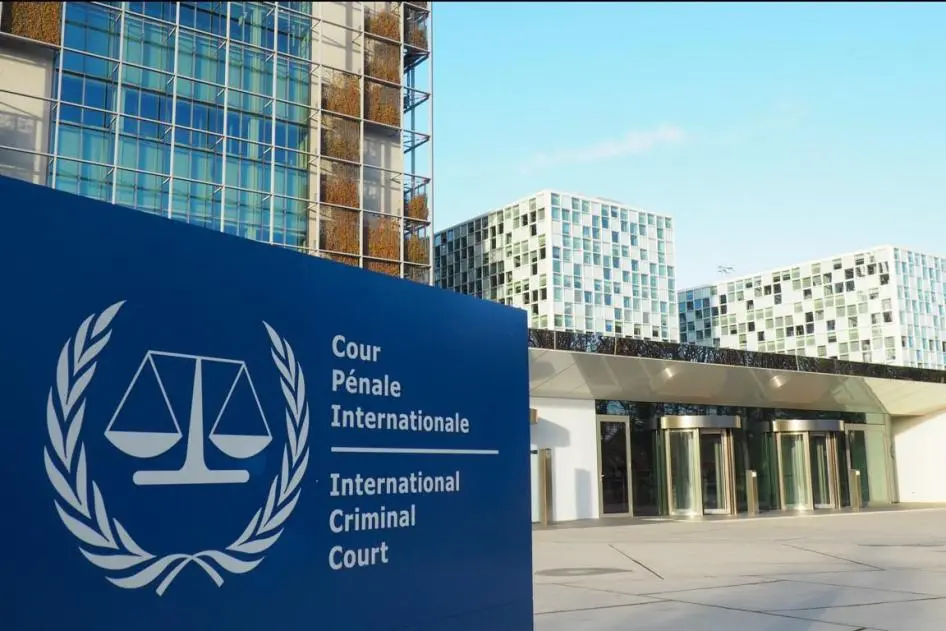The United States’ decision to impose sanctions on the International Criminal Court (ICC) has sparked international outrage, with UN experts condemning the move as an attack on global rule of law. The sanctions, authorized by an executive order signed by former President Donald Trump, target ICC personnel and those who cooperate with the court, raising concerns about the future of international justice and accountability for war crimes
The Sanctions: A Threat to International Justice
Trump’s executive order declares any ICC investigation, arrest, or prosecution of protected persons—including U.S. and Israeli officials—a threat to U.S. national security. The order imposes financial restrictions, travel bans, and asset freezes on ICC officials and their families, as well as those assisting with ICC inquiries. Critics argue that the sanctions are designed to intimidate the court and obstruct its investigations into alleged war crimes and crimes against humanity.
UN Experts’ Condemnation
UN experts have strongly criticized the sanctions, calling them a direct assault on the principles of international criminal justice. They argue that the move undermines the ICC’s ability to hold perpetrators accountable, particularly in cases involving war crimes and crimes against humanity. The experts also warn that the sanctions violate the basic principles of judicial independence and contradict human rights protections.
Undermining the “Never Again” Legacy
The UN experts emphasized that the sanctions undermine the “never again” legacy established after the Nuremberg trials, which laid the foundation for modern international criminal law. By targeting the ICC, the U.S. risks eroding decades of progress in promoting accountability for atrocities and denying justice to victims, especially women and children.
Impact on ICC Investigations
The sanctions could severely hinder the ICC’s ongoing investigations by restricting access to funding and making travel more difficult for court officials. This could delay or derail efforts to hold war criminals accountable, particularly in high-profile cases such as the ICC’s investigation into alleged crimes in the Gaza Strip.
The ICC’s Response
The ICC has condemned the sanctions, stating that they aim to undermine its independent and impartial judicial work. Despite the challenges, the court remains committed to delivering justice for victims of global atrocities. Amnesty International has also criticized the move, calling it “reckless” and a threat to international justice.
The Broader Implications
The U.S. sanctions on the ICC have far-reaching implications for international relations and the global fight against impunity. By shielding U.S. and Israeli officials from potential prosecution, the Trump administration has drawn criticism for creating a “shameful moral equivalency” and prioritizing political interests over justice.
Conclusion
The U.S. sanctions on the ICC represent a significant challenge to the principles of international justice and accountability. As UN experts and human rights organizations continue to condemn the move, the global community must grapple with the implications of this decision for the future of the rule of law and the pursuit of justice for victims of war crimes and crimes against humanity.
